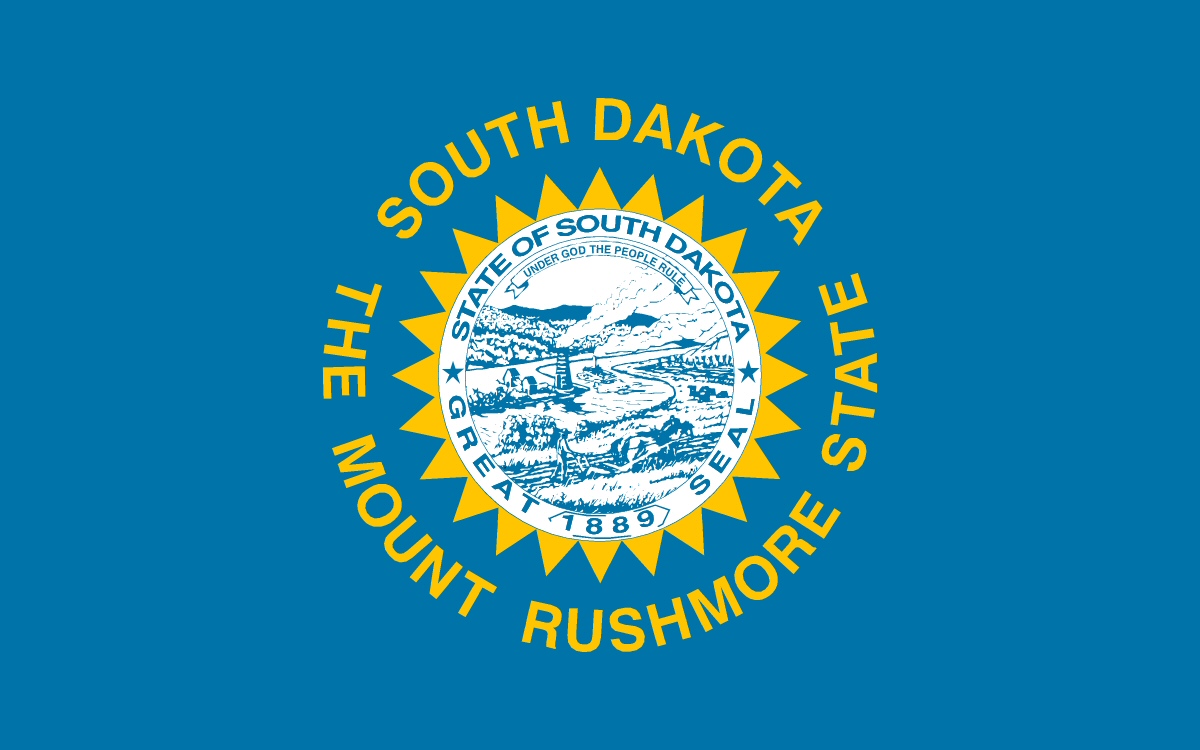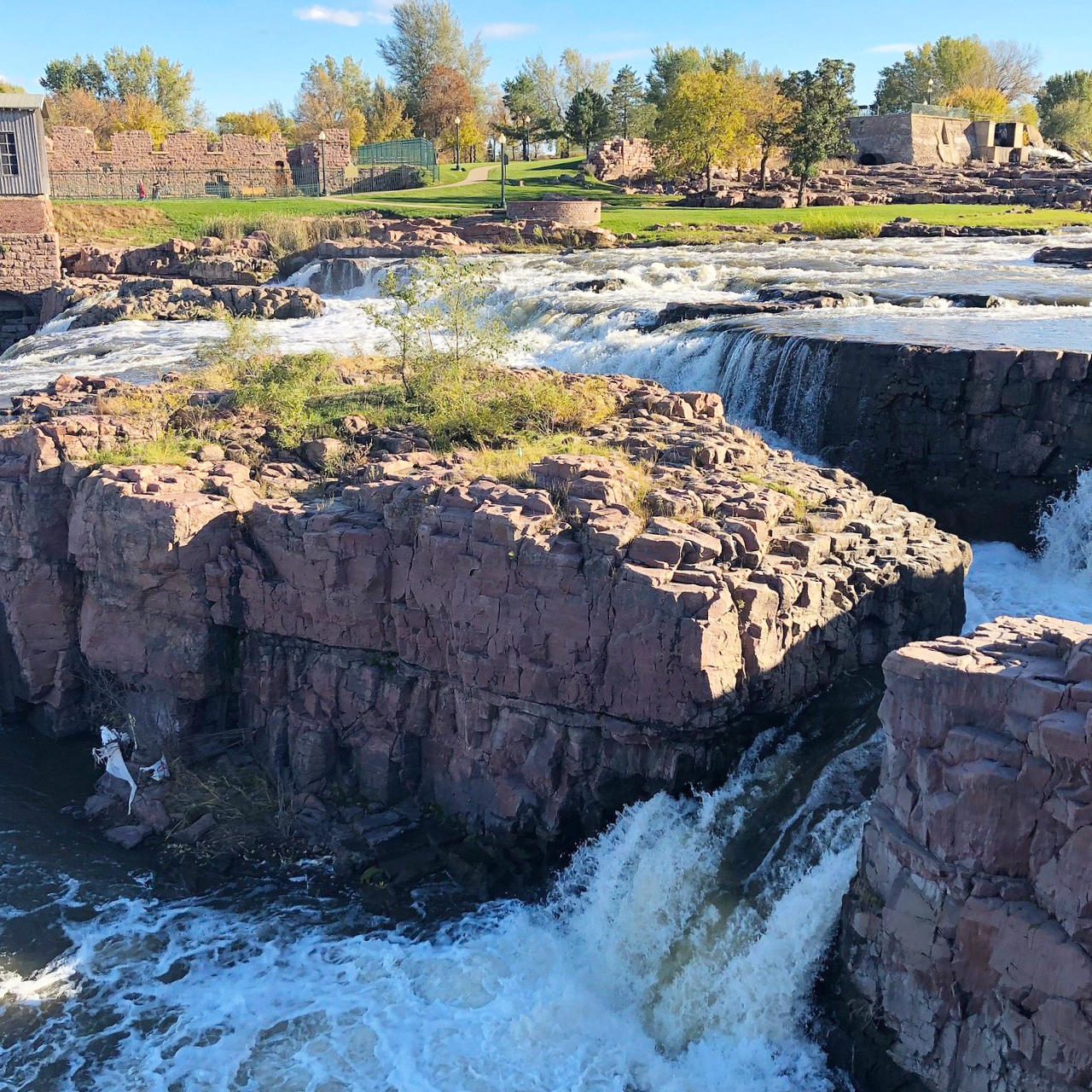State of South Dakota Short-Term Rental Regulations
Short-term rental regulations vary depending on the location and may include zoning laws, occupancy and safety standards, taxation, licensing, and insurance requirements review our guides for more information specific to your city.
Reviewed by Derick Hargrave
Last updated October 15, 2023

Overview of South Dakota Short-Term Rental Regulations
Information is maintained by the community to provide helpful insights and links to local regulations, HostScouts does not provide legal or investment advice.
South Dakota is known for its wide open spaces, beautiful scenery, and friendly small towns. In recent years, short-term vacation rentals have become increasingly popular across the state, providing visitors with comfortable and convenient lodging options. However, the regulations surrounding short-term rentals in South Dakota can be confusing and uneven between different cities and counties.
What is Considered a Short-term Rental
A short-term rental generally refers to a furnished residential property leased out for less than 30 consecutive days. This includes:
Definition and Rental Period Length
- Vacation rentals leased for a few nights or weeks at a time through platforms like Airbnb, VRBO, and others.
- Nightly and weekly rentals are considered short-term. Anything over 30 days is typically classified as a long-term rental.
- South Dakota laws do not provide a statutory definition distinguishing short-term from long-term rentals. Local jurisdictions make this determination.
Types of Rentals
- Entire houses, apartments, condos, cabins, and other residential units used for short-term stays.
- Private or shared rooms within a residential property.
- Alternative accommodations like RVs, tents, and tiny homes are also used for short-term rental.
Geographic Oversight
- There are no statewide short-term rental regulations in South Dakota. Rules can vary significantly between cities, counties, and unincorporated areas.
- In Sioux Falls, short-term rentals are treated like regular rentals with no special permits or processes.
- Meanwhile, other cities like Lead have enacted licensing and inspection requirements tailored specifically for short-term rental hosts.
Checking local city and county rules is an important first step for hosts looking to operate short-term rentals. The requirements can be quite different across South Dakota.
Starting a Short-term Rental Business
Depending on location, hosts interested in starting a short-term rental business face a patchwork of requirements. Here are some steps to get up and running properly:
Registration, Licensing, and Application Process
- Research local zoning codes and permit rules for rentals under 30 days. Some areas require special licensing.
- If required, submit a short-term rental permit application along with any fees to the appropriate city/county agency.
- Register the business with the South Dakota Secretary of State's office to obtain a tax ID number.
- Pass any required inspections for fire safety, building codes, etc.
Getting Started Tips
- Clarify HOA rules if renting in a subdivision or condo complex. Many prohibit short-term rentals.
- Evaluate insurance needs and adjust homeowner's policy if needed to cover short-term rental risks.
- Ensure all lodging taxes can be properly collected and remitted per state and local requirements.
- Set house rules, security protocols and have an emergency contact available for guests.
Check with local officials early to avoid compliance issues when starting a short-term rental in South Dakota. Permitting rules, in particular can vary greatly.
Housing Rules and Requirements
South Dakota housing and zoning laws influence the operation of short-term rentals across the state. Key regulations include:
Occupancy Limits
- Many cities limit overnight occupancy to 2 persons per bedroom plus 2 additional overnight guests. Children under 12 may be exempt.
- No more than 5 unrelated adults as permanent residents is common. Different limits can apply for short-term overnight stays.
- Exceeding maximum occupancy can risk fines, license revocation, or even eviction of guests.
Fire Safety and Inspections
- State law does not mandate safety inspections for short-term rentals as with hotels. Some cities do require them, though, for licensing.
- Working smoke detectors are required in all rental units per state law. Some cities also require carbon monoxide detectors and fire extinguishers.
- Routine self-inspections of smoke alarms, exits, lighting, and house numbers are a good practice.
Insurance Requirements
- Standard homeowners insurance often excludes short-term rentals. "Homeshare" endorsements may be needed.
- Host guarantee programs offered by rental platforms provide liability coverage and property damage protection.
- Require guests to agree to rules and safety policies in rental contracts to reduce risks.
Familiarizing yourself with the most up-to-date housing codes and safety laws is important for compliance. Rules about maximum occupancy, smoke detectors, inspections, and insurance requirements impact many aspects of operating short-term rentals.
Short-term Rental Taxes
One major requirement for short-term rental hosts in South Dakota is properly collecting and remitting all applicable taxes. This includes:
State Taxes
- South Dakota has a state sales tax of 4.5%. Short-term rental hosts must collect and submit this tax.
- Sales tax also applies to any fees, like cleaning and pet fees.
- Airbnb and other platforms now handle state sales tax payments on behalf of hosts in South Dakota.
Local Taxes and Fees
- Cities and counties may have additional local taxes on short-term lodging. This varies across the state.
- Sioux Falls charges a 1% lodging tax and a $2 per room BID fee. But other areas have no local fees.
- Unlike hotels, short-term rentals are often exempt from local tourism and promotion taxes.
Reporting and Remittance
- State sales taxes are reported and paid on hosts' behalf by the rental platforms if booked through their sites.
- Hosts must obtain a tax license and submit returns manually for direct bookings.
- Local taxes and fees are generally still the host's responsibility to calculate, report, and remit properly.
Non-payment of required taxes on short-term rentals can lead to interest, penalties, or legal action if not addressed. Both state and local tax obligations need to be determined early on when starting a short-term rental business. This ensures full compliance.
Operating short-term rentals comes with unique regulations, permits, taxes, and safety requirements to consider. While state laws in South Dakota are limited, city and county rules can impose a range of standards hosts must meet.
South Dakota Airbnb Regulations by City
Information is maintained by the community to provide helpful insights and links to local regulations, HostScouts does not provide legal or investment advice.


